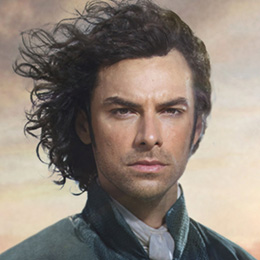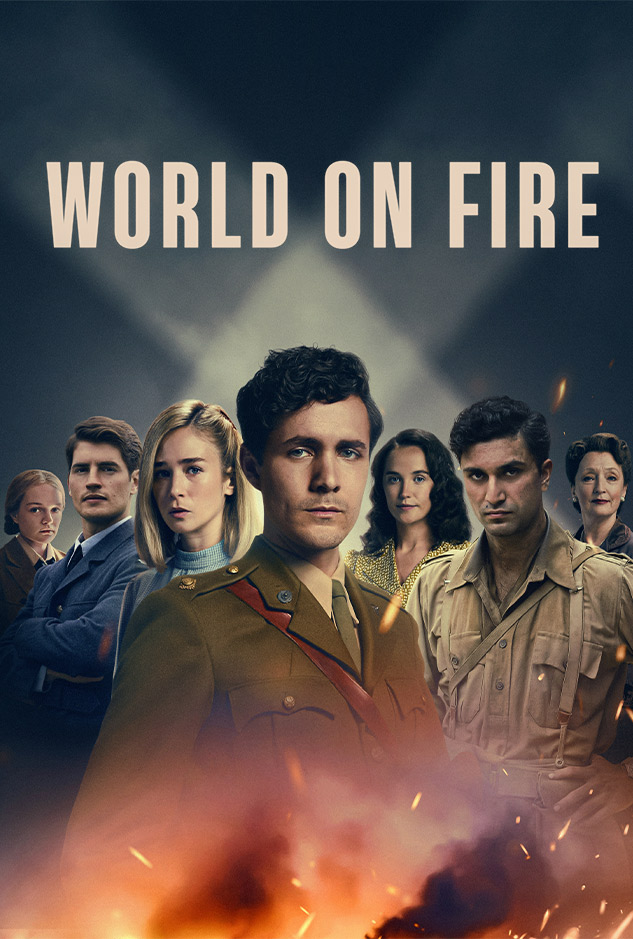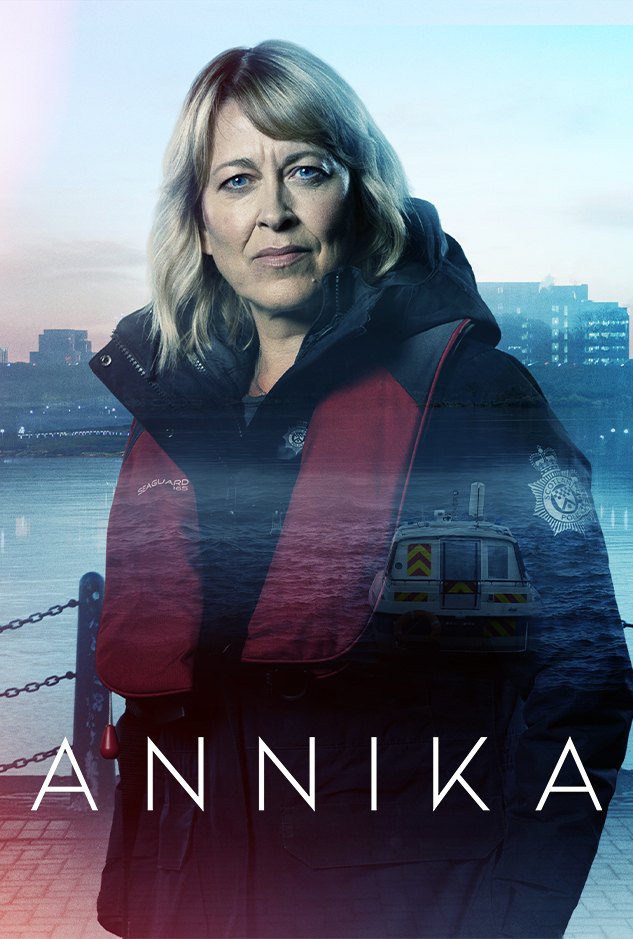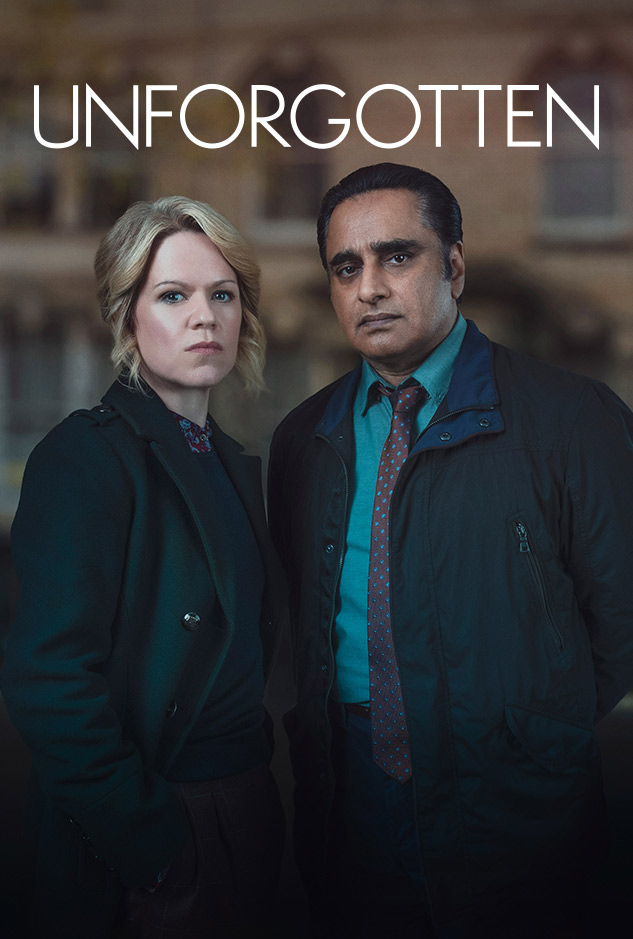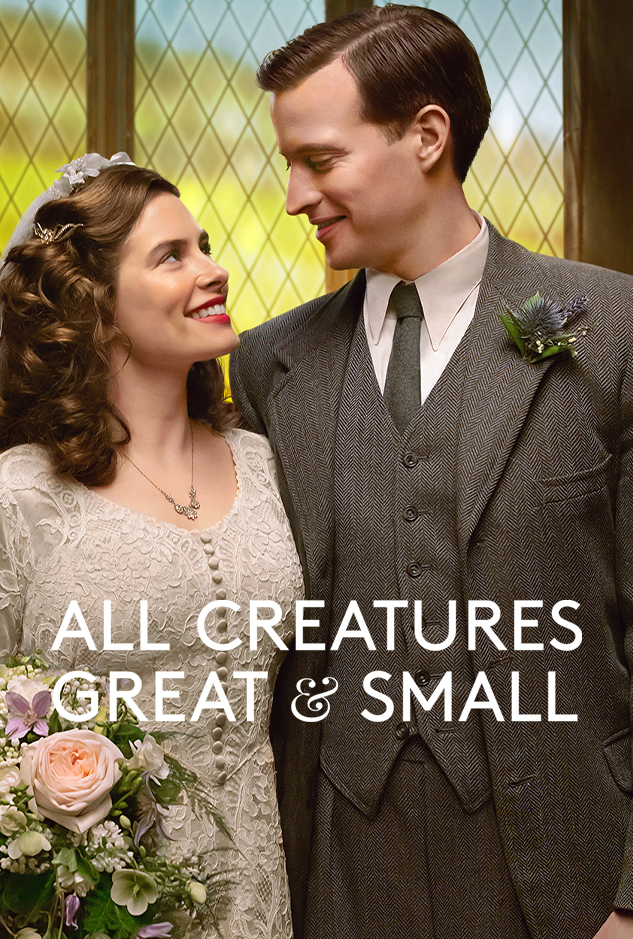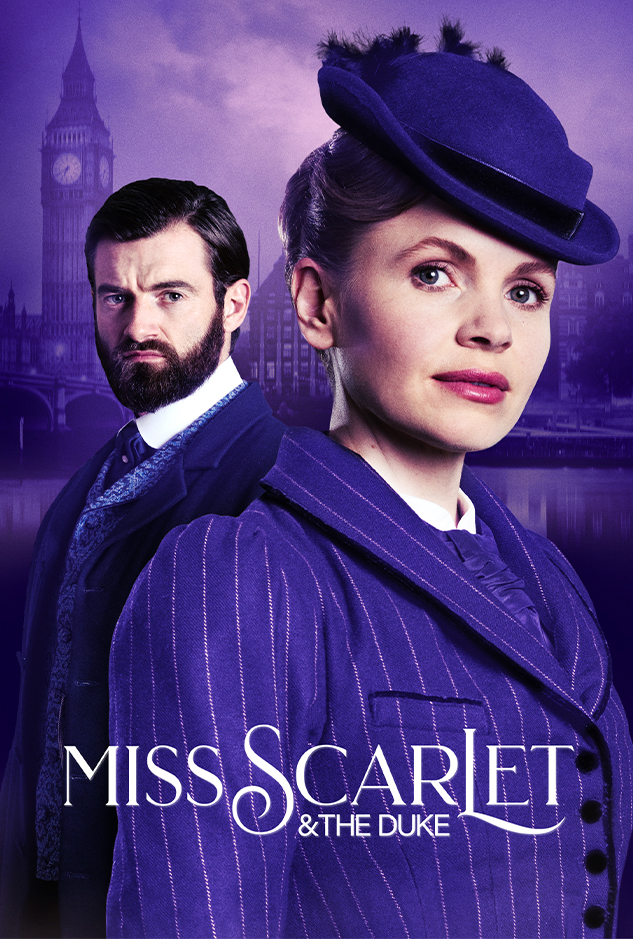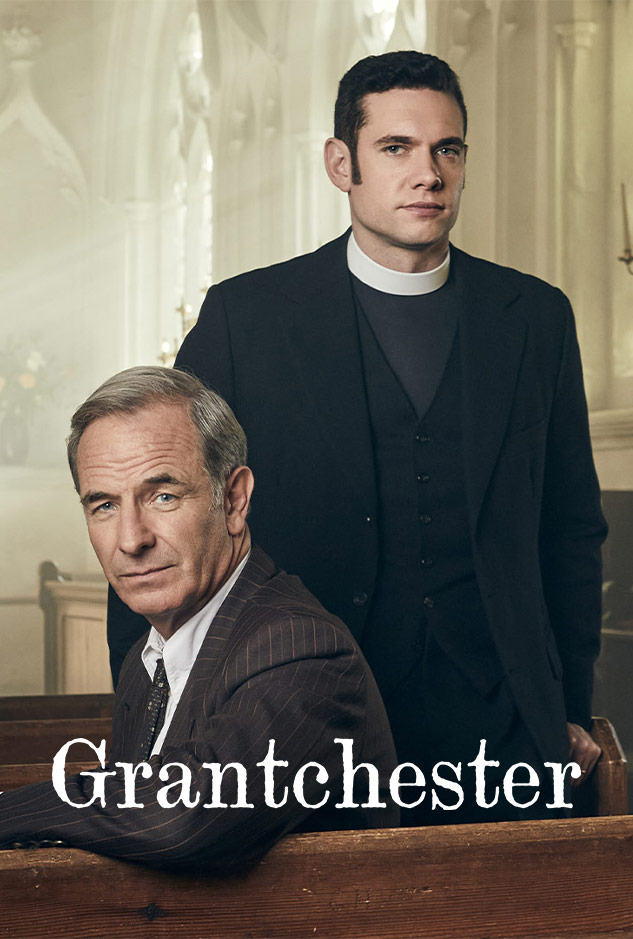Cast Interview: Luke Norris
Dr. Dwight Enys might just be the best man in all of Cornwall. But what do we know about the actor who plays him? Get actor Luke Norris’ take on Dwight and Caroline (Carolight? Penvenys?) and other Season 4 characters, and his thoughts on the heartbreaking events of Episode 4. (Contains Episode 4 spoilers)


MASTERPIECE: The adorable rapport between Dwight and Caroline makes their scenes together a complete delight. What do you make of the way they interact? Are you as charmed by it as we are?
NORRIS: It’s sort of wonderful that they’re still in the stage of their relationship that they find faux formality and conversing through their dog amusing…but if I knew them personally I’d be telling them to cut it out by now! Having said that, Horace acts as a canny device for Debbie (Horsfield, our screenwriter) to get them to say the things they might not otherwise be able to, so I’m glad it’s a part of their make-up.
MASTERPIECE: It’s great to see more of Horace this season. What’s it like working with him? Is he a complete diva?
NORRIS: Horace is a complete professional and, actually, I’ve learned a lot from working with him. He’s very, very wise. And, yeah, he has this diva reputation (because he’s paid significantly more than the rest of us, has a bigger trailer, has special dietary requirements—something to do with chia seed and spirulina), but…he’s always on time, he knows his stuff, he works hard, he hits his marks, and he never pees inside. So, I think he’s worth every penny.
MASTERPIECE: Dr. Choake is a perfect foil for Dwight’s more progressive, enlightened practice. Had you researched much about 18th century medicine for the part, and had you ever heard of “trepanning”?
NORRIS: Dwight is pretty unique for the time period, so most of the research I did into 18th century medicine didn’t cover the herbal or holistic remedies he espouses, and in fact, there’s still a lot of skepticism about them in the 21st century. But I did come across trepanning in my reading. Along with leeching, poulticing, purging, blistering and an incredible use for bellows that I probably shouldn’t go into here.
MASTERPIECE: What’s the one thing, in your opinion, a visitor to Cornwall should make sure they see or do?
NORRIS: There are so many beautiful places to see, so many delicious things to eat, so many exciting things to do. But I was staggered by the Minack Theatre when I visited last year. So maybe that? Or just swim in the ocean. It’s wonderful.
MASTERPIECE: Pol-dark or Pol-dark?
NORRIS: Ross and Demelza Pol-dark… from the TV Show Pol-dark.
The Conversation Below Contains Episode 4 Spoilers
MASTERPIECE: Dwight knows that Sarah will die and keeps that information from Caroline…Was this the right decision? And how could he bear to suffer alone?
NORRIS: Was it the right decision to keep the news of the impending death of a child from her mother? In a word: no. But I think Dwight, though progressive, is a prisoner of his times and the associated gender roles here. As a husband he feels the need to shelter his wife as best he can, which prompts his withholding of this awful, awful information. As for suffering alone, he doesn’t for long, mercifully—as he brings Ross in on it—but in the first instance I think he feels that is simply his cross to bear.
MASTERPIECE: Can you comment on the very different ways Dwight and Caroline have of mourning the loss of Sarah?
NORRIS: I think the series (and the novel) cover this fairly adroitly, so I’m not sure what I can add here, except to say that it was refreshing to me to read a script—especially a “period” script—in which the male response to grief was so open and vulnerable, and the female response so closed and guarded. In this regard they are completely contrapuntal to Ross and Demezla.
Are you a Poldark superfan? Sign up for our free, exclusive Poldark Insider Email Newsletter! You’ll get behind-the-scenes cast interviews, videos and more, and hear about other shows we think every Poldark fan will love.








